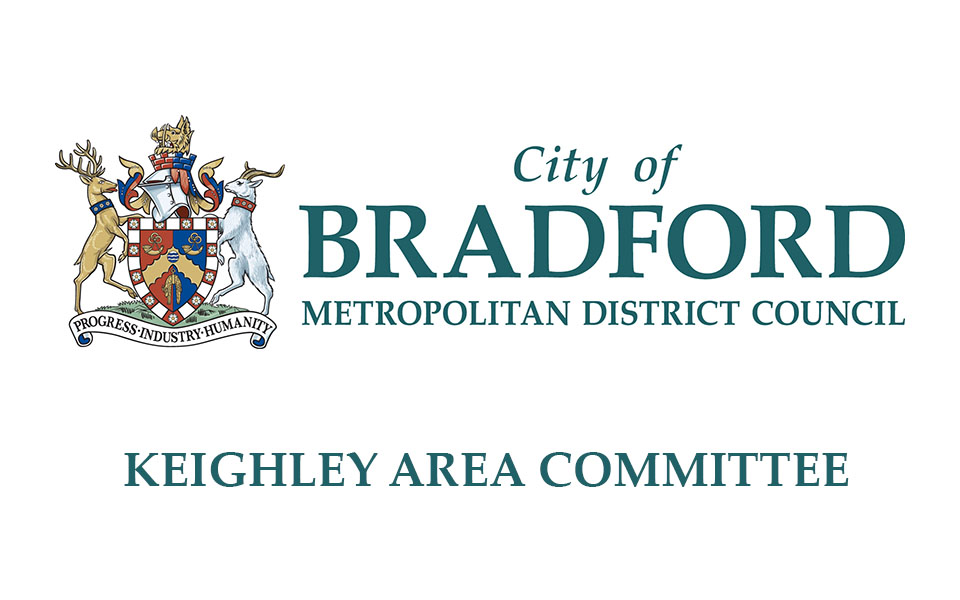Navigating the Complex Terrain of Dementia in Ethnically Diverse Communities:
A Close Look at the Pakistani Experience
Dementia, encompassing a range of conditions marked by the deterioration of brain functions like memory and judgement, is a pressing global health issue that transcends racial, ethnic, or socioeconomic lines. Nevertheless, the perception, experience, and management of dementia often diverge significantly across various communities, shaped by cultural, social, and economic influences. In the realm of ethnically diverse populations, particularly among Black, Asian, and Minority Ethnic (BAME) groups, these differences are particularly stark, necessitating a more nuanced and culturally sensitive approach to care and support. This article explores the complex dynamics of dementia within BAME communities, with an emphasis on individuals of Pakistani heritage in the UK.
Understanding the Hesitancy: Cultural Perspectives and Stigma
In BAME communities, dementia is frequently intertwined with cultural beliefs and stigmas, extending beyond a mere medical issue. Traditional notions regarding mental health and illness can engender misconceptions about dementia, which is often dismissed as an inevitable aspect of ageing or misconstrued as a spiritual issue, rather than a medical condition in need of professional attention. Among Pakistani communities, for instance, the notion of ‘Izzat’ (honour) may significantly deter open discussions about mental health concerns, due to the fear of social exclusion or bringing shame upon the family’s name.
This cultural framework can pose significant challenges for individuals and their families when it comes to seeking help, leading to a sense of isolation and the entrenched belief that dementia care is a private family affair. The situation is exacerbated by a general lack of awareness and understanding of dementia, its symptoms, its progression, and the supportive resources available.
Barriers to Accessing Care
When individuals from BAME backgrounds do reach out for help, they encounter numerous hurdles. Language barriers, for instance, can obstruct effective communication between healthcare professionals and patients or caregivers who may not be proficient in English. Additionally, the dearth of culturally adept care and services that respect and accommodate cultural and religious practices can dissuade BAME communities from accessing available dementia care services.
Furthermore, an ingrained mistrust in the healthcare system, fuelled by past experiences of discrimination and racism, can hinder engagement with mainstream health services. For Pakistani individuals, especially those who are immigrants, navigating an unfamiliar healthcare system can be intimidating, with concerns over potential adverse consequences further inhibiting their pursuit of assistance.
The Importance of Tailored Interventions
The complex nature of these challenges clearly indicates that a standard approach to dementia care falls short. Customised interventions that account for cultural subtleties and offer support in a culturally affirming manner are crucial. This involves educating healthcare professionals to appreciate and respect cultural variances in dementia perceptions and equipping them with the skills to communicate effectively across cultural barriers.
Community outreach initiatives that actively engage with ethnic minority communities to raise dementia awareness and provide education are equally essential. Such efforts can play a pivotal role in de-stigmatising dementia, offering multilingual information, and dispensing culturally relevant advice and support.
For the Pakistani community in particular, interventions might include establishing support groups that honour cultural and religious practices, utilising bilingual health navigators to bridge communication gaps, and fostering partnerships with community and religious leaders to enhance awareness and comprehension.
The Role of Research and Policy
A substantial barrier to enhancing dementia care for BAME groups is the lack of detailed, disaggregated research data. Studies often generalise ethnic groups, overlooking the nuanced differences that impact health outcomes. There is a critical need for granular data that reflects the heterogeneity within and among ethnic groups, including the Pakistani community.
Effective policies must be grounded in this detailed data to bridge health disparities, ensuring equitable access to dementia care and support for all communities. It is vital for policymakers and healthcare providers to join forces in addressing the social determinants of health that disproportionately affect ethnic minorities, including substandard housing, restricted educational opportunities, and lower socioeconomic status.
Conclusion
The challenge of dementia within ethnically diverse communities is multifaceted and calls for a culturally sensitive approach. For BAME groups, especially within the Pakistani community, tackling dementia extends beyond raising awareness and tailoring care to cultural preferences. It involves addressing the wider social and systemic factors that perpetuate inequalities in healthcare access and outcomes.
Embarking on a path towards a more inclusive and effective dementia care system for ethnically diverse populations is undeniably demanding. It requires collaborative endeavours from healthcare providers, policymakers, community figures, and the families impacted by dementia. With a dedicated focus on understanding and meeting the specific needs of these communities, we can aspire to deliver improved support and care for all affected by dementia, regardless of ethnic background.





















 Magic Mavis Richardson will be taking up a swimming challenge during Dementia Awareness Week in May to raise money for Dementia Friendly Keighley. Octogenarian Mavis will swim one length for each year of her life and hopes to raise at least £1000.
Magic Mavis Richardson will be taking up a swimming challenge during Dementia Awareness Week in May to raise money for Dementia Friendly Keighley. Octogenarian Mavis will swim one length for each year of her life and hopes to raise at least £1000.


